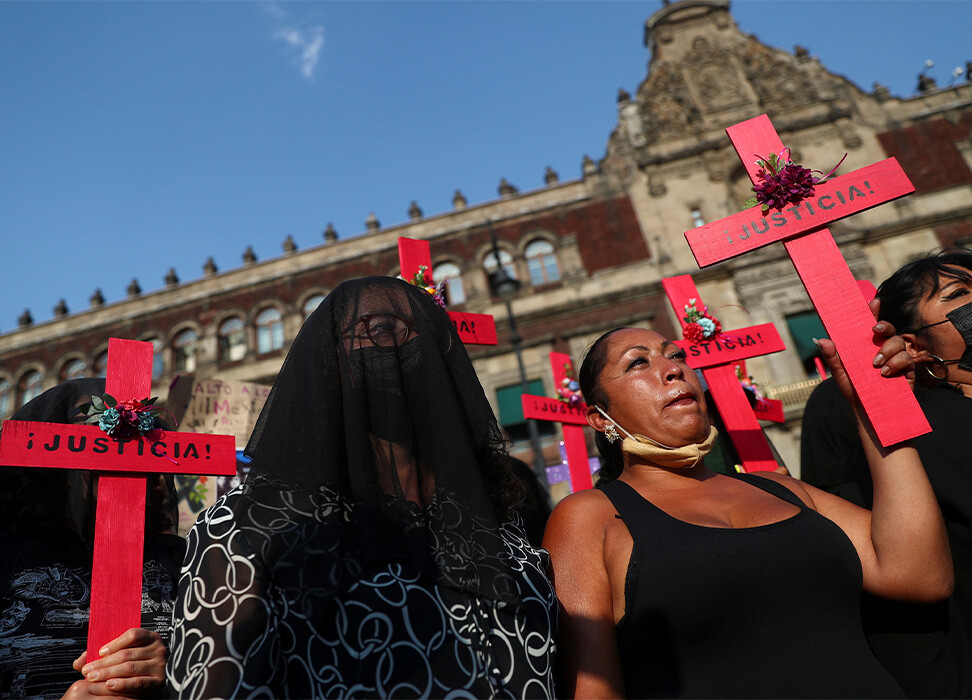
Mexico is facing a deepening crisis of violence against women, with femicide rates reaching alarming levels. The term "femicide" refers to the intentional killing of women because they are women, and it represents the most extreme manifestation of gender-based violence. In Mexico, this form of violence is pervasive, affecting women of all ages, social classes, and backgrounds.
Official data from the Executive Secretariat of the National Public Security System reveals that in January 2025, 54 murders were classified as femicides, averaging 1.7 per day. While this figure shows a slight decrease compared to the same period in 2024, the overall trend remains deeply troubling.
However, the true extent of the violence is even greater. When considering all murders of women, including those classified as intentional and unintentional homicides, the number soars to 507 in January 2025, translating to a staggering 16.3 deaths per day.
The problem is very complex, and has many contributing factors. Femicides are driven by deep-seated gender inequality, discrimination, and harmful social norms. They can occur in various settings, including within intimate relationships, as hate crimes, or in connection with organized crime.
Certain regions of Mexico are disproportionately affected. The State of Mexico, Puebla, Morelos, and Tamaulipas reported the highest numbers of officially classified femicides in January 2025. Additionally, states like Guanajuato, Baja California, and Michoacán exhibit high rates of intentional homicides of women.
The United Nations recognizes femicide as a global crisis, and Mexico's situation underscores the urgent need for comprehensive action. Addressing this issue requires a multifaceted approach, including strengthening law enforcement, promoting gender equality, and challenging deeply ingrained social norms.
[Copyright (c) Global Economic Times. All Rights Reserved.]






























